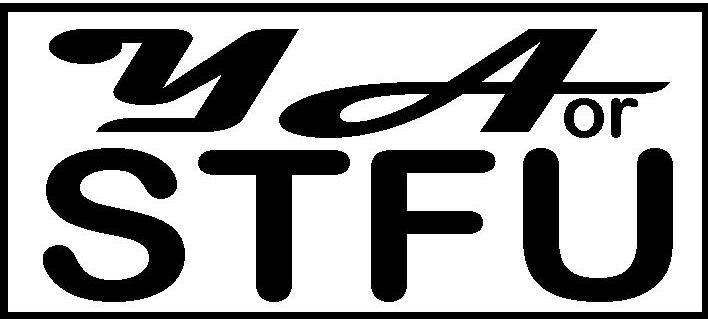Young Adult Literature without Apology
Amy's assessment of contemporary young adult literature, organized by author and title, censored by noone.
Realistic | Romance | Science Fiction | Historical Fiction | Fantasy | Horror | Mystery
Rosoff, Meg (2006). Just In Case. NY: Wendy Lamb Books (Random House). ISBN: 0385746784
While David Case is babysitting his baby brother, Charlie, he watches, helpless, as Charlie leans out of an open window. Though he manages to save the baby from what he believes could have been a dire fate, David's narrow escape from tragedy leads him to question the lassez faire attitude he has taken towards life in the past. From this heightened point of view, David becomes certain that every step he takes could lead to potential disaster. Fate, it seems, is out to get David; the only thing he sees to do is become someone so different from himself (or, his former self) that he is unrecognizable to whomever might be engineering or overseeing his life. Adopting a new name--Justin Case--and a new wardrobe--selected by an offbeat girl he meets at the thrift store--David, now Justin, tries to live life differently. He befriends a gifted loner at school, joins the track team, and enters into an unstable and uncertain romance with Angela, the girl from the thrift shop. Meanwhile, we readers are given access to the voice of Fate himself (or herself?), as his (her?) sadistic point of view is woven into the narrative.
Rosoff's newest novel is definitely intriguing, if a little abrupt at starting. Absent any knowledge of David/Justin's history, it seems rather hard to believe that he would suddenly "break" and develop this neurosis. As the book continues and it becomes easier to believe David/Justin's paranoia is not mere neurosis, but instead a heightened awareness of the mechanisms of Fate (him/herself embodied in the text), the novel takes on a slightly metaphysical tone. I enjoyed reading the book, but perhaps only because I didn't look too deeply into the story for some kind of "hidden meaning" or peek at philosophical truth. If read as an account of a series of events that accelerates in terms of disaster content, it's easier to get down with the Shakespeare quote, "Like flies to wanton boys we are to the gods; they use us for their sport," which seems to underpin the story.
